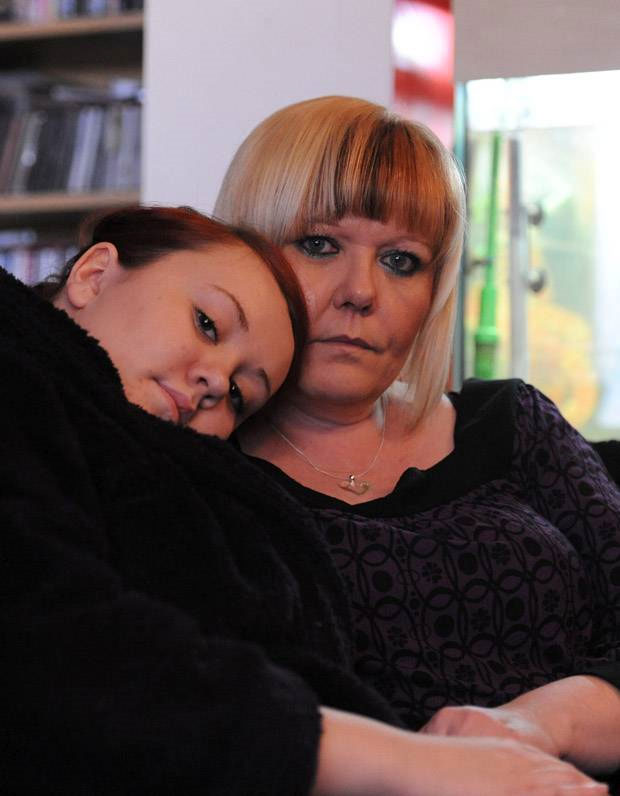The girl has no memories of the past
A rare brain disease made an English girl only able to remember most of what happened within the past 24 hours .
Jess Lydon, 19, used to be a promising student in performing arts. However, the bright prospect collapsed when Jess was diagnosed with Susac's syndrome after several faints in November last year.
Jess's disease is so rare that there are only 250 cases worldwide. It causes injuries in the brain, making her almost no memories of the past.

Jess Lydon
Jess confided in The Sun : 'My life was ruined. My memory is lost. I have no past, only present . I often ask my mother what to eat for breakfast and often answered that I have already eaten. I don't remember anything about that. '
Jess also couldn't remember what she did yesterday or recognized her friends' photos. She forgot that three of her close friends were pregnant and had to constantly be reminded of why the girls gained weight. Most heartbreaking, Jess had no memory of the funeral of her beloved grandmother who died last year.
Jess is currently being cared for by his mother at his home in Walsgrave, West Mids, England. Her mother said: 'Jess's life has become a real nightmare. Her memory is the most in 24 hours. Sometimes, it was so bad that she couldn't recall what she had done or said 10 minutes earlier. Jess is like an Alzheimer's retired man while his twenties. Painful!'.

Jess Lydon and mother
In addition to impaired memory, Susac's syndrome also reduces Jess's vision and hearing, causing her to experience headaches such as hammering, confusion and hate natural light.
Unable to bear Jess's illness, the boyfriends came and hurriedly broke up with her.
Jess has now dropped out of school and faces the risk of quitting work at a casino. She was also not allowed to go out alone to prevent falling.
Jess must take the daily steroid mixture to treat Susac's syndrome. Doctors hope that her illness will go away within 5 years, although hearing or vision damage can be permanent.
- Scientists have found a way to change memories
- Decoding the phenomenon of implanted human brain memories
- How do we remember memories?
- Explaining bad memory always
- Delete painful memories thanks to genes that remove memory
- True story like movie: Every morning waking up, the girl forgot all about what happened yesterday
- The scent makes people recall memories
- Save memories to digital devices
- The new direction helps people to erase painful memories
- What do people see before they die?
- Move all memories from one person's brain to another
- Is our memory as reliable as we thought?
 Green tea cleans teeth better than mouthwash?
Green tea cleans teeth better than mouthwash? Death kiss: This is why you should not let anyone kiss your baby's lips
Death kiss: This is why you should not let anyone kiss your baby's lips What is salmonellosis?
What is salmonellosis? Caution should be exercised when using aloe vera through eating and drinking
Caution should be exercised when using aloe vera through eating and drinking